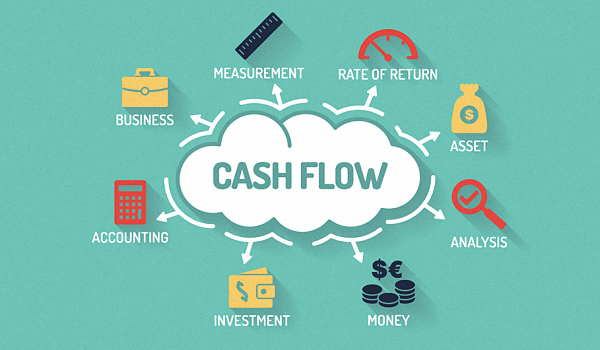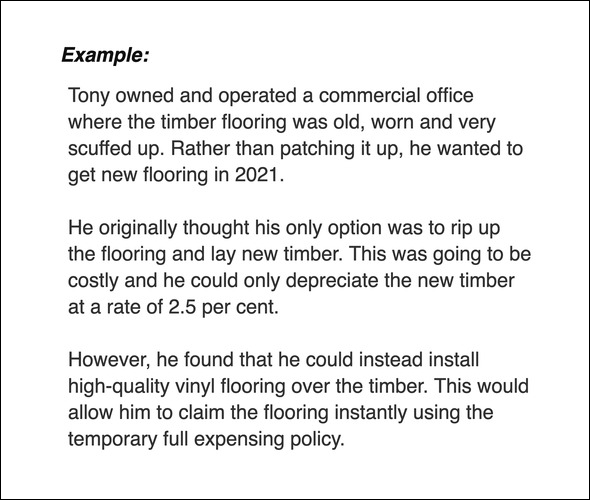
STRUGGLING TO WRAP your head around everything to do with commercial depreciation?
Good thing is that you don’t need to know everything, that’s what the experts like BMT Tax Depreciation are for. The team has shared their top five commercial depreciation tips to help you claim more deductions.
1. Factor Depreciation into your Purchasing decision
While considerations like your overall investment strategy and budget come first, depreciation is another important factor when deciding on your purchase.
Depreciation will be one of the highest deductions you can claim from your investment property. It can be the make-or-break between a positive and negative cash flow, and often makes a significant difference to your back pocket.
2. Understand Eligibility Requirements
Know what you can and can’t claim by getting a depreciation estimate completed by a specialist quantity surveyor.
Factors that impact the eligibility of claiming capital works deductions include the construction or improvement date, and the structure or fixed asset type. For example, you could claim depreciation on a concrete driveway, but not on a gravel one.
Eligibility requirements can be trickier for plant and equipment assets. Each plant and equipment asset has its own effective life, and this can change based on industries.
This means you may be eligible to claim depreciation on some assets longer than others. Some incentives that also apply to these assets such as the temporary full expensing policy are only available to businesses, not commercial landlords that don’t operate a business.
3. Know what you can Claim Sooner
Depreciation differs between capital works assets and plant and equipment assets. Differences also apply between varying plant and equipment categories – a dishwasher doesn’t depreciate in the same way as a smoke alarm.
The effective lives and rates of depreciation determine how much you can claim now and in the future.
Let’s use a real example to demonstrate just how big a difference knowing this can make.

4. Don’t fall for the Myths
There are a number of myths surrounding depreciation in the commercial real estate market. Falling for these can result in thousands of dollars missed, so it’s important to get the facts and claim what you can throughout your property’s lifecycle.
The first misconception is that a commercial property may too old to hold depreciation, but this is hardly ever the case.
Any commercial property where construction commenced after 20 July 1982 will allow the owner to claim capital works as well as any eligible plant and equipment assets.
Even if the property was constructed before this date, capital works could still be available on any improvements made by the current or previous owner. For example, if a roof had to be replaced in 1995 then the current owner could still claim this deduction.
The second myth is that 2017 legislation changes apply to commercial properties, but this isn’t the case.
An owner can still claim depreciation on previously-used plant and equipment assets they now own. This includes any un-deducted value on assets the owner removes such as a previous tenant’s fit-out.
Bottom Line: The secret to claiming the highest depreciation deductions is found in consulting with a tax depreciation specialist.
BMT has been operating in the commercial and residential industries for over twenty years and has helped hundreds of thousands of people pay less tax.













Speak Your Mind